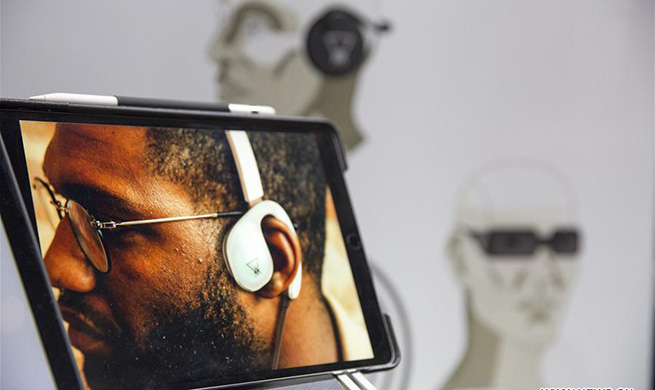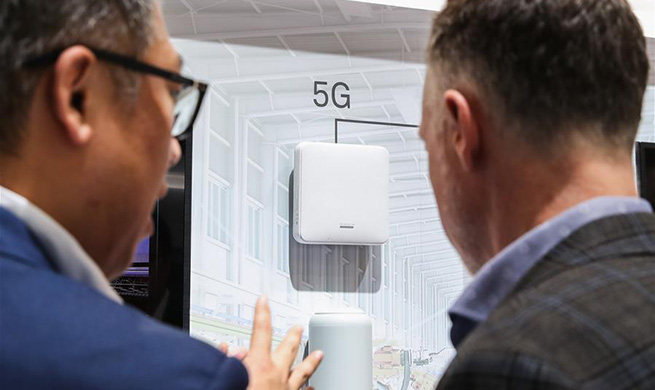BEIJING, April 4 (Xinhua) -- Chinese scientists have developed a fully bioabsorbable capacitor as an energy storage unit, which can be used for powering implantable medical electronics.
Biodegradable electronic devices can be fully or partly degraded in biofluid and environmental water. They can be used in implantable medical diagnoses and therapy, avoiding side effects caused by long-term implantation and second operations. They can also serve portable consumer electronics, which achieve self-degradation after being discarded and avoid high collection costs.
For biodegradable electronic devices, the biodegradable power source is an indispensable part of realizing normal operation. However, research about energy supply for biodegradable implantable electronics is very limited.
Scientists from the Beijing Institute of Nanoenergy and Nanosystems under the Chinese Academy of Sciences (CAS) as well as Beihang University have developed a fully bioabsorbable capacitor that can act as a power source for implantable medical electronic devices.
The capacitor is 1.5 centimeters long, 1.5 centimeters wide and one millimeter high. Experiments on mice showed that it can be implanted underneath the skin and work normally in vivo for 50 days. It can achieve a high voltage window of 1.5 volts, and 70 percent of its capacitance was kept after 3,000 charging cycles.
After it reaches its work limit, it can be decomposed and absorbed by the body without surgical removal.
The research was published as cover research in the journal Advanced Science.

















